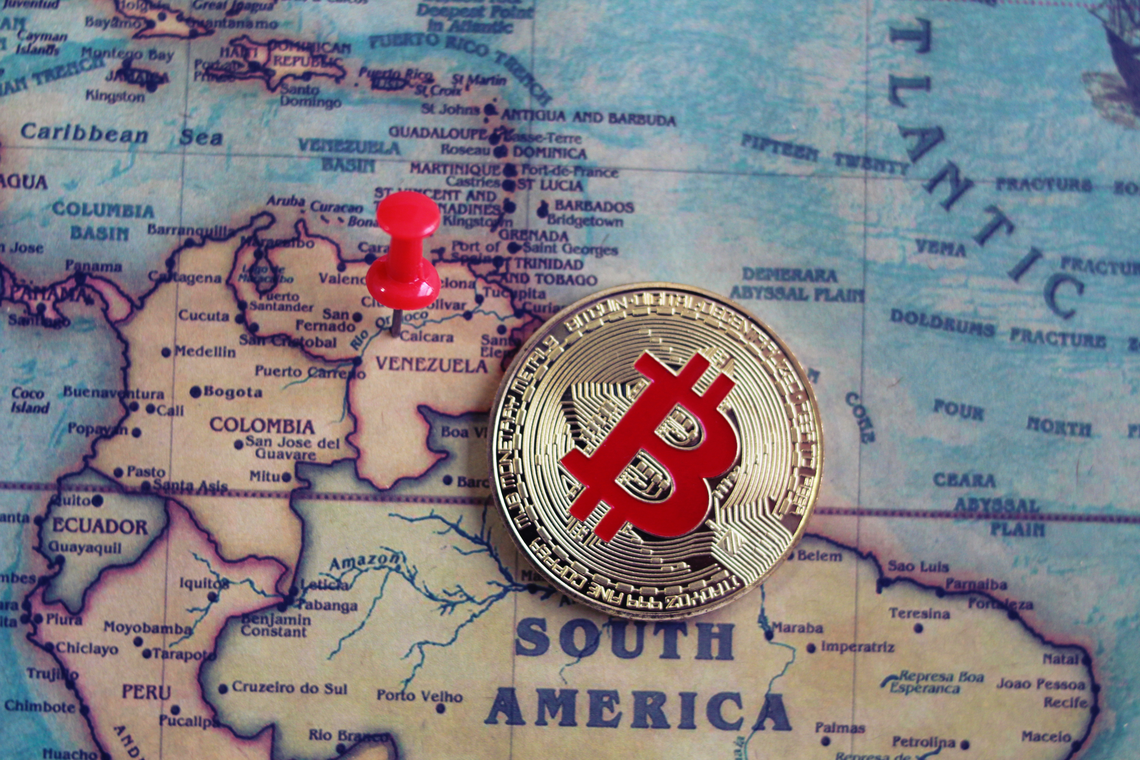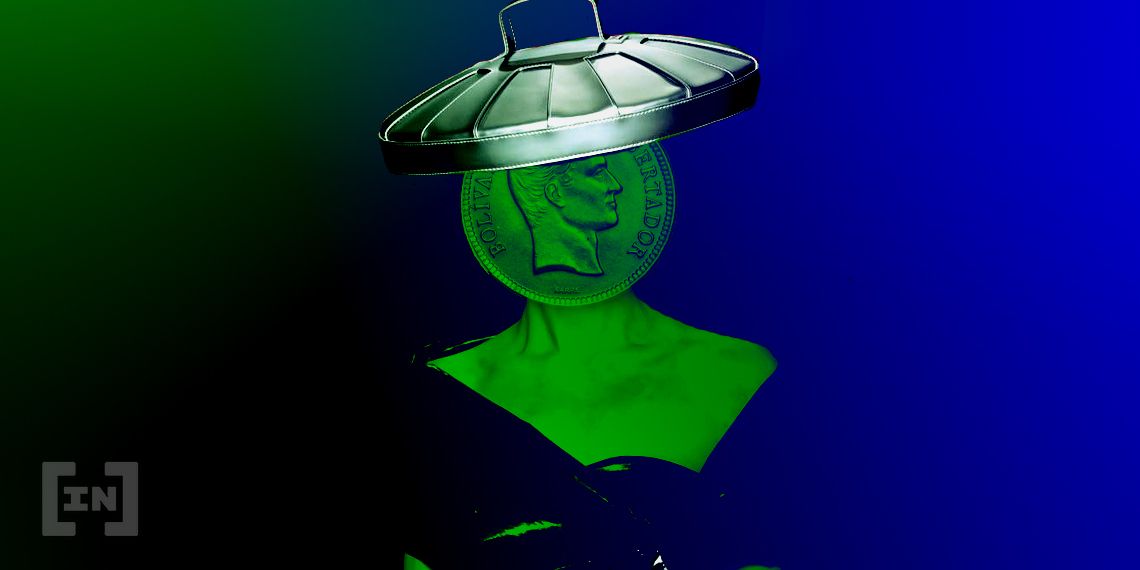
Central Bank of Venezuela Growing Crypto Interests
At first glance, many BolivarCoin supporters were unsurprisingly suspicious about the discovery, since it isn’t unusual that such a ‘discovery’ turns out to be fabricated in some way. As such, in order to corroborate the reports, one Twitter user and BolivarCoin community member known simply as ‘Samael’ took it upon himself to do some background research. To begin, he searched the node’s IP address (200.35.132.80) on ip-tracker.org, where he discovered that both the organization and AP number associated with the node are registered to the Banco Central de Venezuela.In order to identify whether this was an individual falsely representing themselves as the central bank of Venezuela, Samael used ipinfo.io to identify other IP addresses used by the BCV, where he found a total of 768 results — including 200.35.132.80.si revisamos la blockchain cuidadosamente de @BolivarCoin_XT puede encontrar la ip 200.35.132.80 esa
— SamaelDNM (@SamaelDNM) January 1, 2020
Based on this evidence, it can be stated with high certainty that the node is indeed operated by the Venezuelan central bank, but does not reveal whether this is necessarily a boon for BolivarCoin. In light of this, the official BolivarCoin Twitter simply states that the situation is “neither good nor bad,” adding that the BCV has simply contributed by adding one more node to its network.Al abrir el listado de IP
— SamaelDNM (@SamaelDNM) January 1, 2020
200.35.132 encontramos que hay 24 destinada, de las cuales la IP 200.35.132.80 está justamente ejecutando un nodo de Bolivarcoin https://t.co/duVVtKdugw pic.twitter.com/ezvEOeHlRF
What Does This Mean?
Despite news that the BCV is now hosting a BolivarCoin node, BolivarCoin still remains one of the smallest cryptocurrencies in circulation, with a market capitalization of less than $76,000. Likewise, it still has close to no trading volume, with just $26.51 worth of BOLI trading hands in the last 24 hours. Such small volumes make sense as BOLI isn’t listed on any major exchange platforms. In light of this, it is unlikely that the central bank of Venezuela is looking to support BolivarCoin as a project, but is instead simply familiarizing itself with blockchain maintenance and operations as part of its push to begin holding cryptocurrencies like Bitcoin and Ethereum in its coffers. As it stands, the central bank of Venezuela has not yet made an announcement on the matter, nor has there been any indication that it is working on its own blockchain. With that said, as far as BeInCrypto is aware, this is the first time a central bank has been found hosting a node for a public blockchain. As such, there may be more to this story than first meets the eye.
As it stands, the central bank of Venezuela has not yet made an announcement on the matter, nor has there been any indication that it is working on its own blockchain. With that said, as far as BeInCrypto is aware, this is the first time a central bank has been found hosting a node for a public blockchain. As such, there may be more to this story than first meets the eye.
Disclaimer
In adherence to the Trust Project guidelines, BeInCrypto is committed to unbiased, transparent reporting. This news article aims to provide accurate, timely information. However, readers are advised to verify facts independently and consult with a professional before making any decisions based on this content. Please note that our Terms and Conditions, Privacy Policy, and Disclaimers have been updated.


